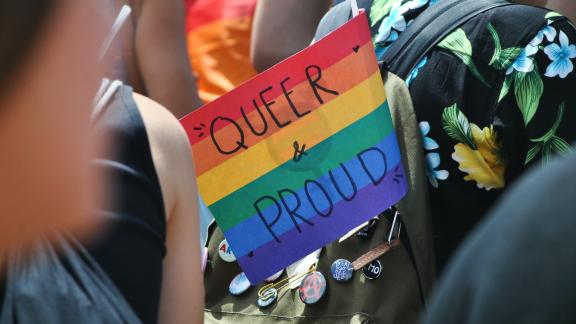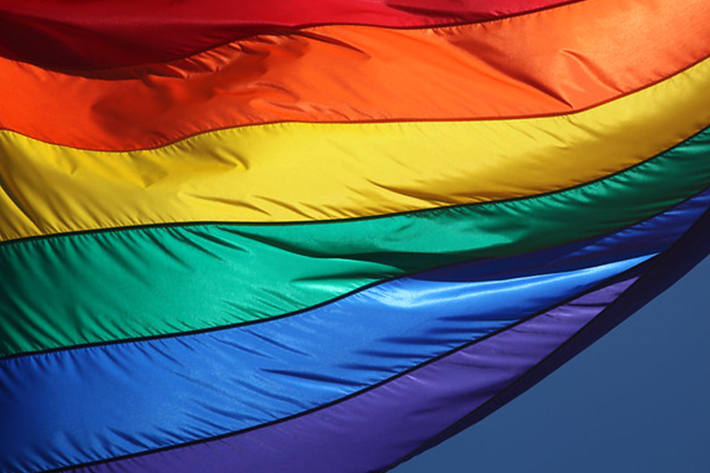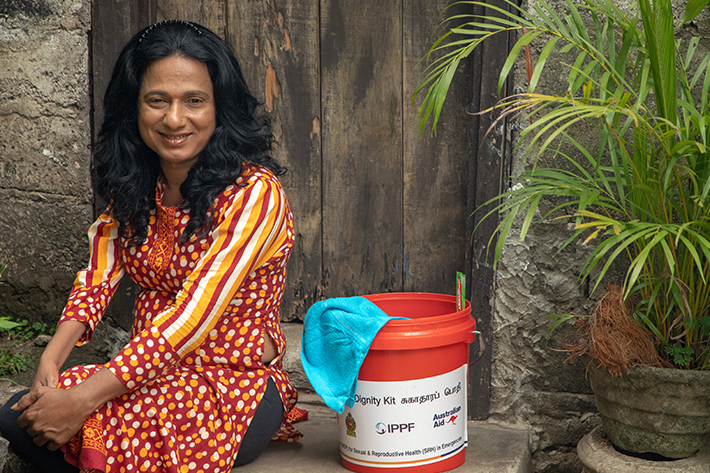As we celebrate Pride Month, it’s time for IPPF’s annual round-up of LGBTI milestones since the last one. It’s 2020 and while we wish people didn’t have to keep fighting for basic human rights when it comes to sexual orientation, gender identity and expression, the reality is that the struggle continues. Many places around the world have, however, been making strides in the right direction – these are some of them:
Northern Ireland
It’s been nearly a year since MPs in the UK voted to extend same-sex marriage to Northern Ireland last July. The legislation took effect in October, with it being legally recognised in January 2020. And at long last, the first same-sex marriage took place on 11 February, when Robyn Peoples and Sharni Edwards from Belfast tied the knot! We wish them a very happy life together.
Bulgaria
Last July also brought good news to Bulgaria, where same-sex marriage was recognized for the first time, when a court in the country granted an Australian woman the right to live and work in Bulgaria with her French wife. The pair married in France in 2016, and endured a two-year legal battle to have their marriage legally recognized by the conservative country that they now live in. Hopefully the landmark ruling is a step towards full marriage equality in Bulgaria.
Tamil Nadu
In August 2019, Tamil Nadu became the first Indian state to ban unnecessary surgery on intersex children. It is estimated that 1.7% of babies are born with sex characteristics that are recognised as intersex. While very few of them require surgery on medical grounds, cosmetic procedures to “normalize” children have become worryingly common around the world, after the practice took off in the United States. In a win for human rights, the move that Tamil Nadu has taken prohibits these invasive and unnecessary surgeries until people are old enough to consent.
Switzerland
In a huge boost for Switzerland’s LGBTI community, 63% of voters backed a proposal to make discrimination on the basis of sexual orientation and sexual identity illegal. The outcome of the referendum, which was revealed in February, points the country in the right direction in terms of ensuring LGBTI people are protected. However, same-sex marriage remains illegal, although campaigners hope that the momentum from the referendum will have a positive impact on marriage equality too.
Costa Rica
In late May, Costa Rica became the first country in Central America to legalize same-sex marriage. Joining the ranks of Ecuador and Argentina, Costa Rica is the sixth country in Latin America to make the move, and just weeks ago Alexandra Quiros and Dunia Araya became the first same-sex couple to marry under the new rules. In a country that is deeply divided on issues like this, it is an incredible development.
Zambia
Also in May of this year, two men imprisoned for having sex with each other were released under a presidential pardon. The men, who were pardoned along with 2,900 other prisoners, had both received 15-year sentences under a law that makes homosexual acts illegal. While the law on homosexuality – which was inherited from the British colonial era – remains unchanged, it hopefully signals the start of a change in attitudes towards LGBTI communities which we hope will lead to legislative reform as soon as possible.
United States
In a major (and somewhat unexpected) win for human rights, the US Supreme Court backed protection for LGBT workers in a landmark ruling on 15 June. It means that it is now against civil rights laws for employers to fire people if they are gay or transgender, extending workplace rights to millions of people who were previously not protected. This is a hopeful development at a time when the US administration is seeking to roll back healthcare protections for the trans community.
The work continues
While it’s clear progress has been made in some areas of the world, others are regressing dangerously. For example, in December Gabon became the 70th country to make gay sex illegal, with those found guilty facing a six-month prison sentence. And in Europe, Hungary’s parliament recently voted to end the legal recognition of trans people, a move that heightens the risk of discrimination.
There is clearly much work to do. Yet we hope that the promising – if long overdue – global progress elsewhere inspires and encourages other nations that still impose discriminatory practises on its citizens to reflect and finally do what’s right for its LGBTI communities.
Image by Delia Giandeini on Unsplash
when










